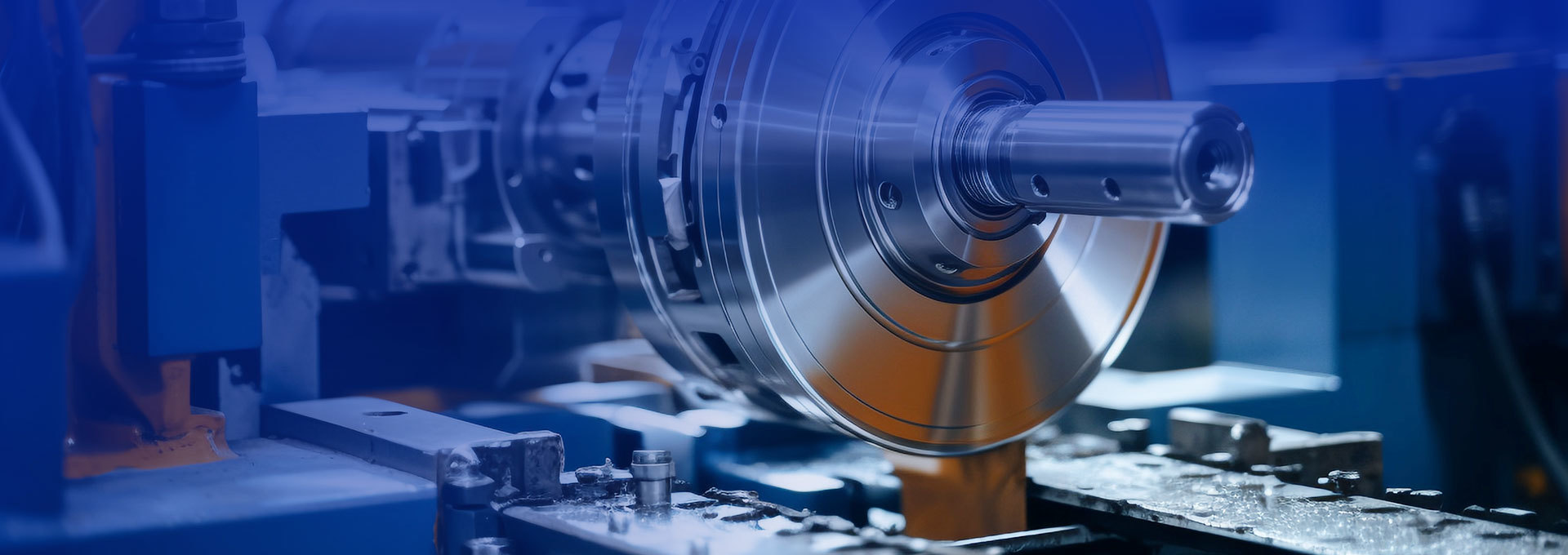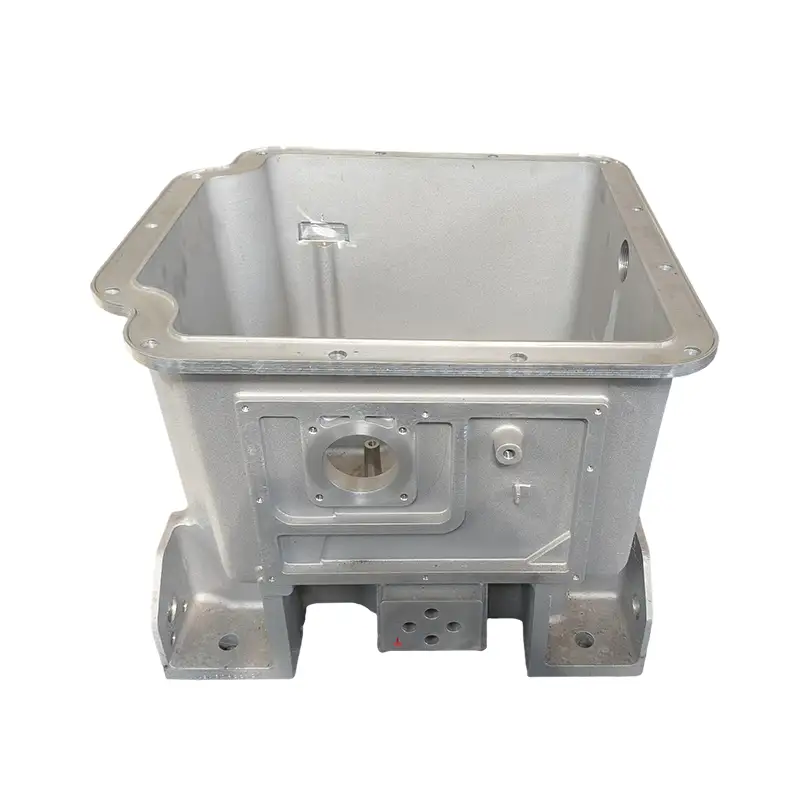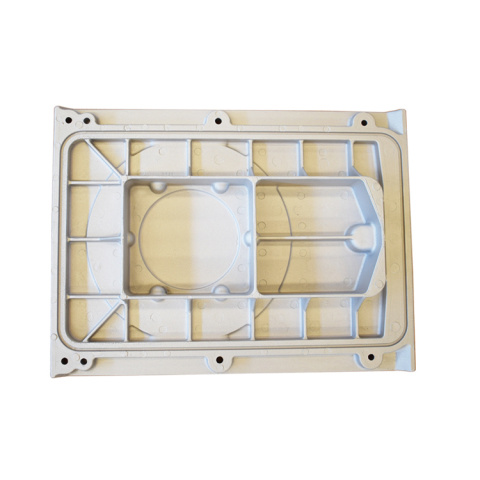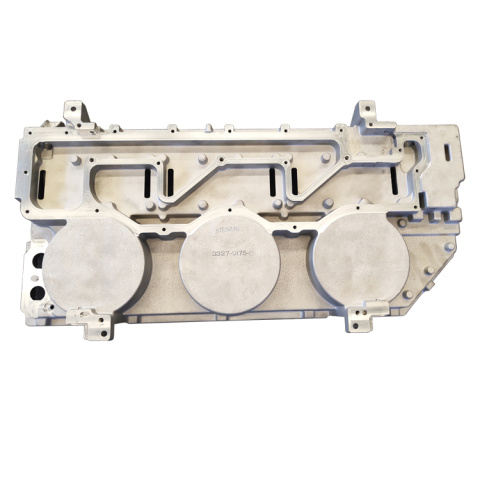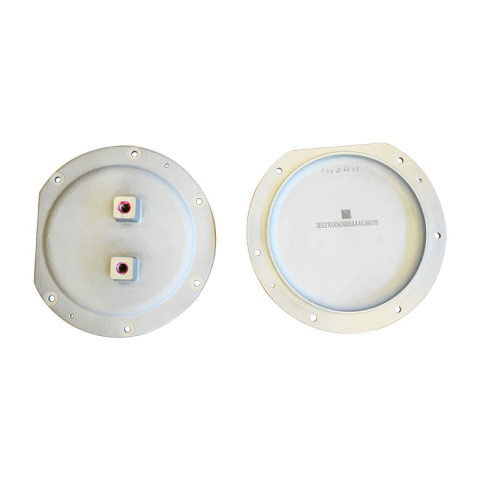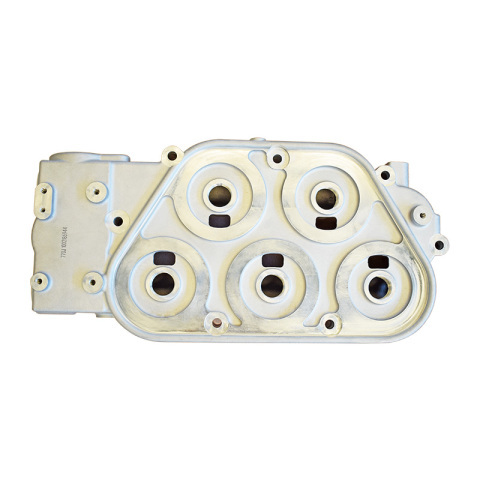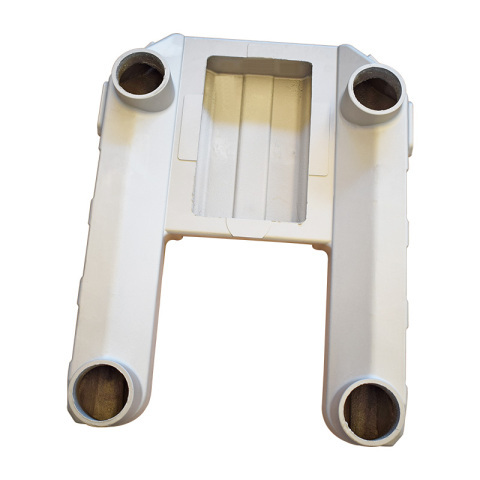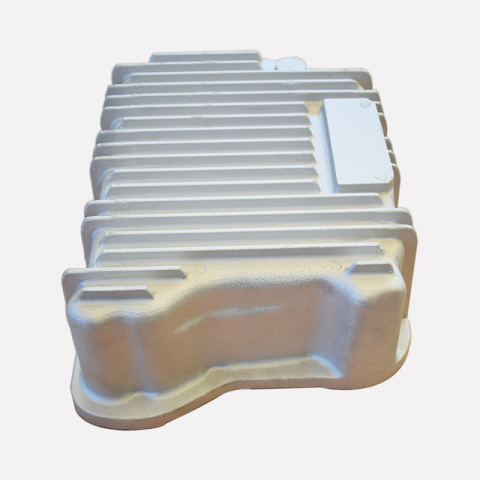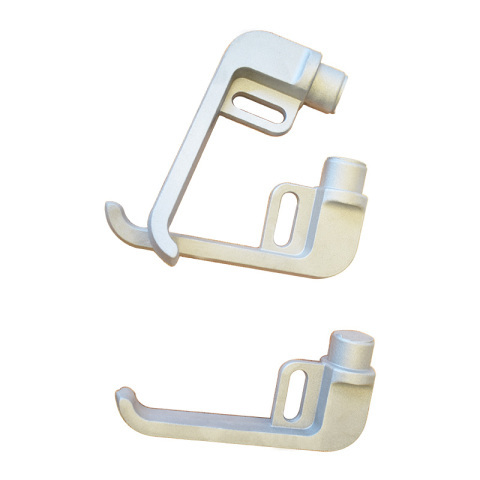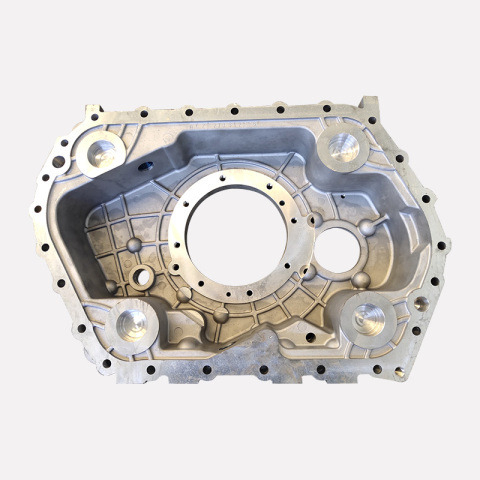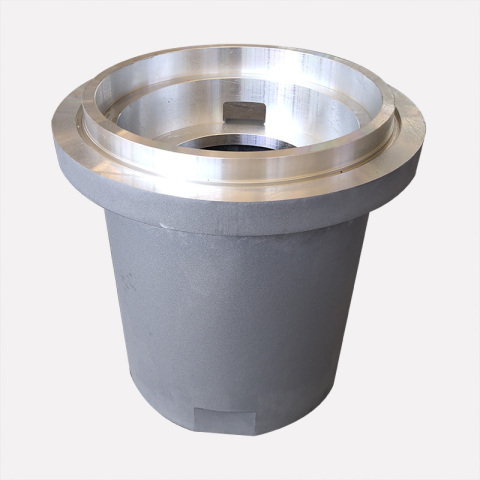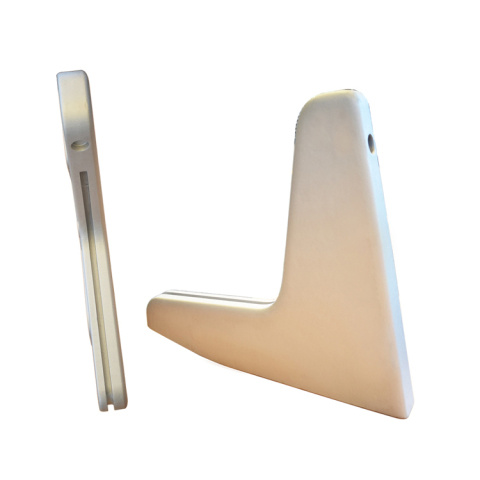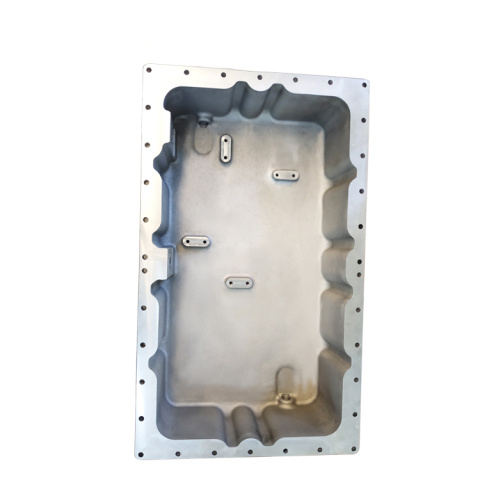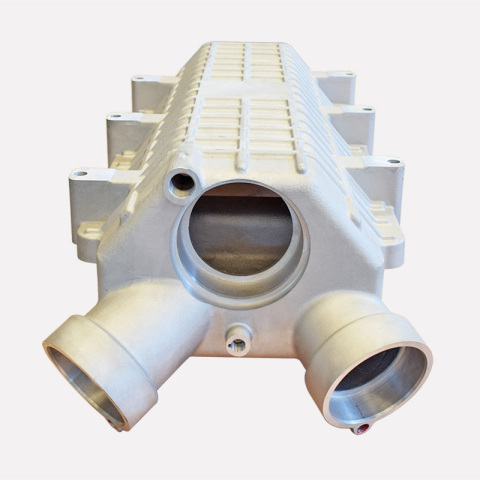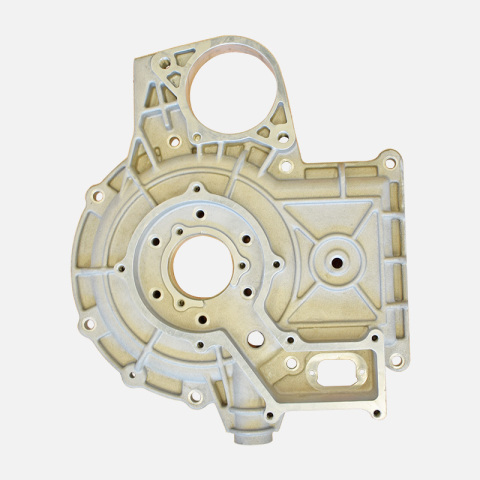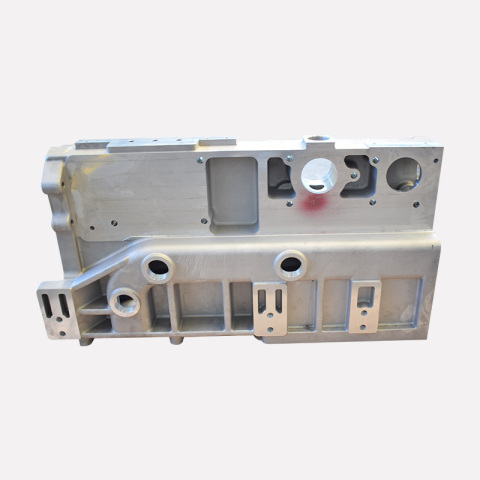Mechanical industry: Aluminum alloy fittings are widely used in the structural parts of various mechanical equipments, such as airplanes, automobiles, trains, ships and so on.
 Inquiry
Inquiry
Electronic industry: Aluminum alloy fittings are also widely used in the shells, radiators and accessories of electronic equipment. Aluminum alloy has good heat dissipation performance, which can effectively reduce the temperature of electronic equipment and improve its operating efficiency and life.
 Inquiry
Inquiry
Electronic industry: Aluminum alloy fittings are also widely used in the shells, radiators and accessories of electronic equipment. Aluminum alloy has good heat dissipation performance, which can effectively reduce the temperature of electronic equipment and improve its operating efficiency and life.
 Inquiry
Inquiry
High strength: Compared with ordinary aluminum, aluminum alloy has higher strength, better corrosion resistance and fatigue life, and can withstand greater tensile or compressive forces.
 Inquiry
Inquiry
Easy processing: aluminum alloy has good plasticity and formability, which can be processed into desired shapes by various methods, and at the same time, it can also reduce production costs.
 Inquiry
Inquiry
Construction industry: Aluminum alloy fittings are used in windows, door frames, curtain walls and other parts of the building structure. Compared with traditional materials, aluminum alloy is lighter, stronger and less prone to deformation, which can increase the structural strength and aesthetics of buildings.
 Inquiry
Inquiry
Easy to recycle: aluminum alloy material has the characteristic of recyclability, which can effectively reduce the pollution to the environment and also has economic benefits.
 Inquiry
Inquiry
Mechanical industry: Aluminum alloy fittings are widely used in the structural parts of various mechanical equipments, such as airplanes, automobiles, trains, ships and so on.
 Inquiry
Inquiry
Aluminum alloy has good heat dissipation performance, which can effectively reduce the temperature of electronic equipment and improve its operating efficiency and life.
 Inquiry
Inquiry
High strength: Compared with ordinary aluminum, aluminum alloy has higher strength, better corrosion resistance and fatigue life, and can withstand greater tensile or compressive forces.
 Inquiry
Inquiry
Construction industry: Aluminum alloy fittings are used in windows, door frames, curtain walls and other parts of the building structure. Compared with traditional materials, aluminum alloy is lighter, stronger and less prone to deformation, which can increase the structural strength and aesthetics of buildings.
 Inquiry
Inquiry
Easy processing: aluminum alloy has good plasticity and formability, which can be processed into desired shapes by various methods, and at the same time, it can also reduce production costs.
 Inquiry
Inquiry
Lightweight: Compared with other metal materials, aluminum alloy is a relatively lightweight material, which can reduce the weight of the equipment, increase the operating efficiency of the equipment and reduce the fuel consumption of the vehicle.
 Inquiry
Inquiry
Electronic industry: Aluminum alloy fittings are also widely used in the shells, radiators and accessories of electronic equipment. Aluminum alloy has good heat dissipation performance, which can effectively reduce the temperature of electronic equipment and improve its operating efficiency and life.
 Inquiry
Inquiry
Get a Free Consultancy
Please leave your contact information and we will arrange for an expert to contact you.

